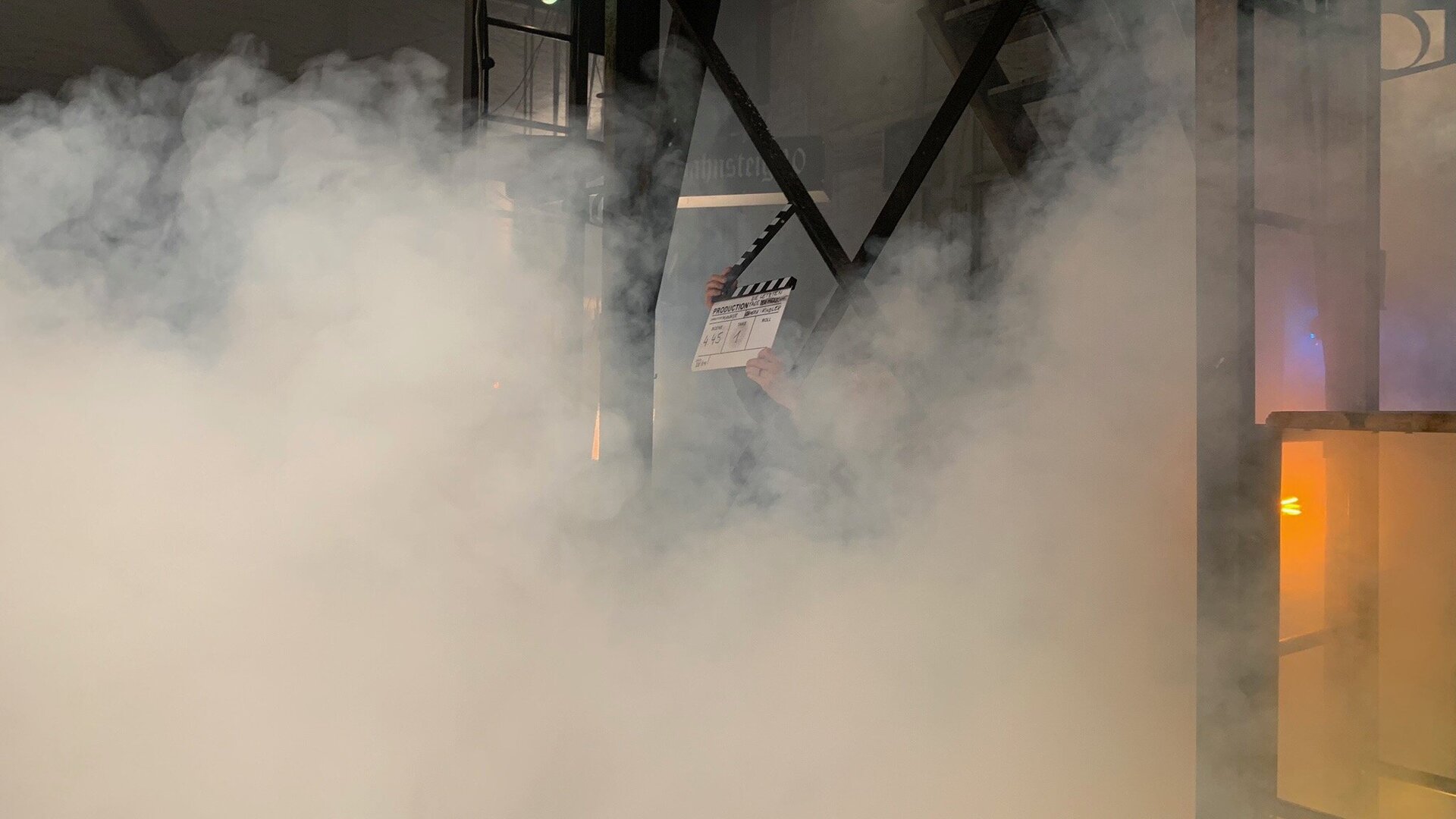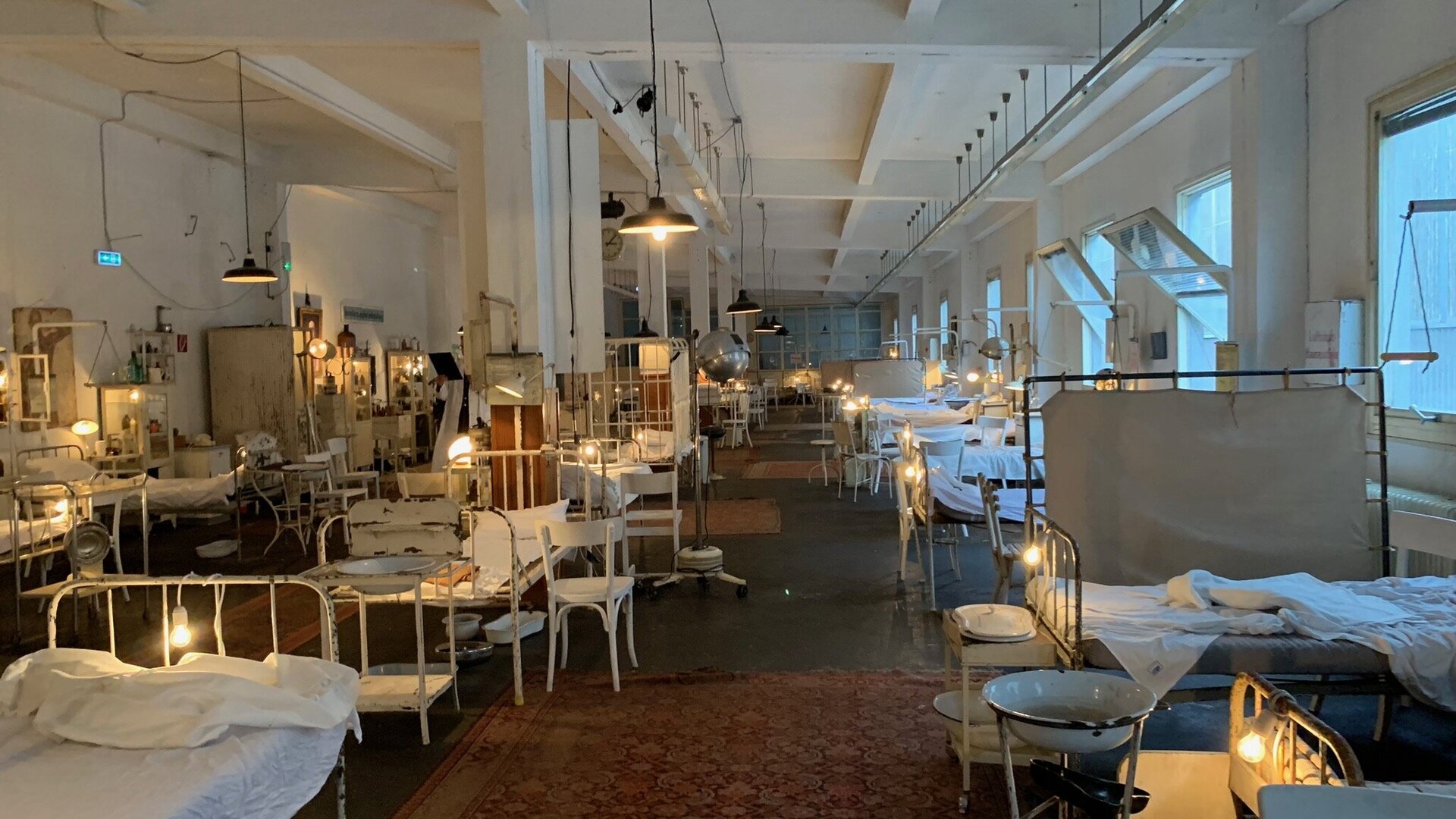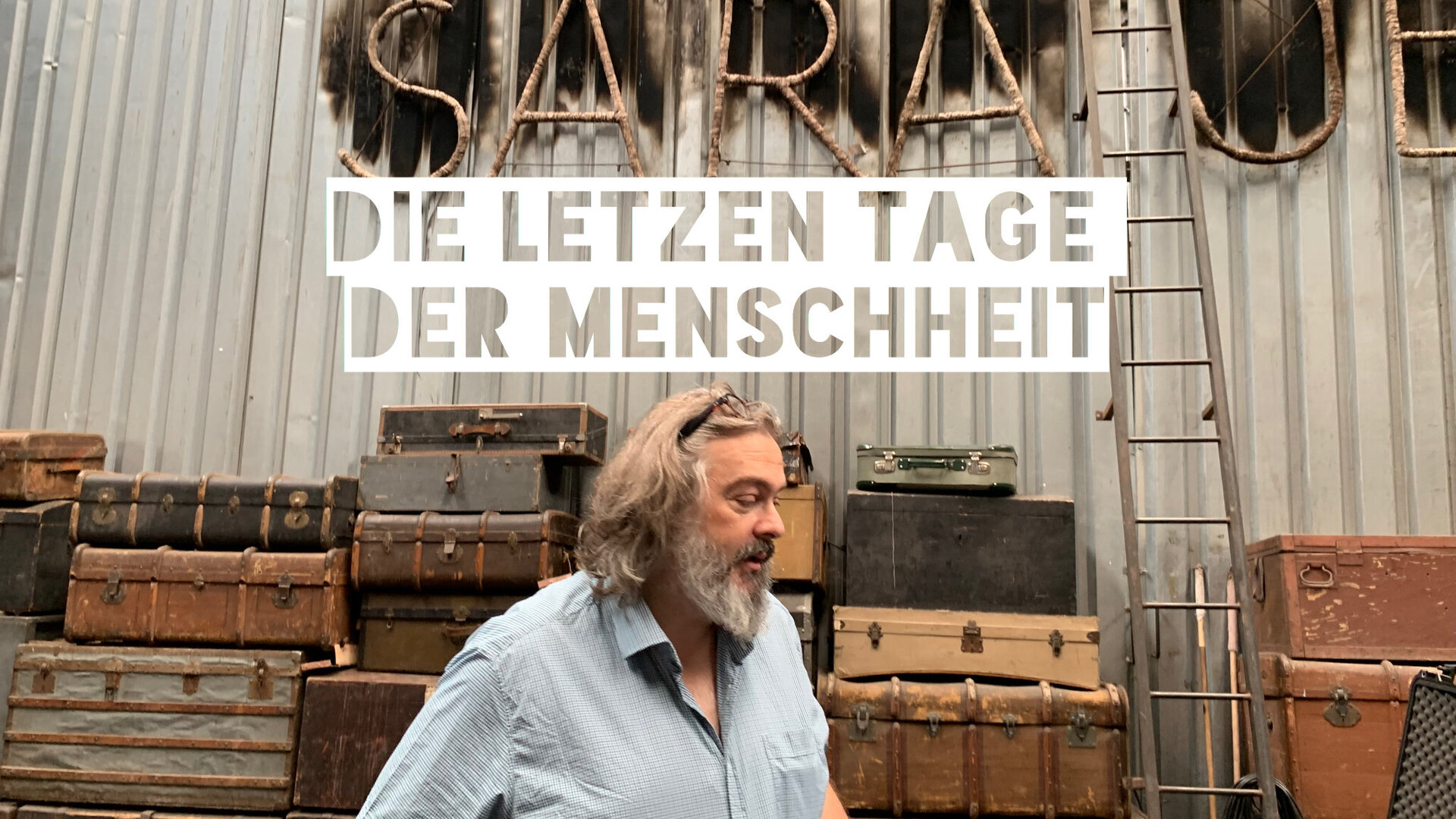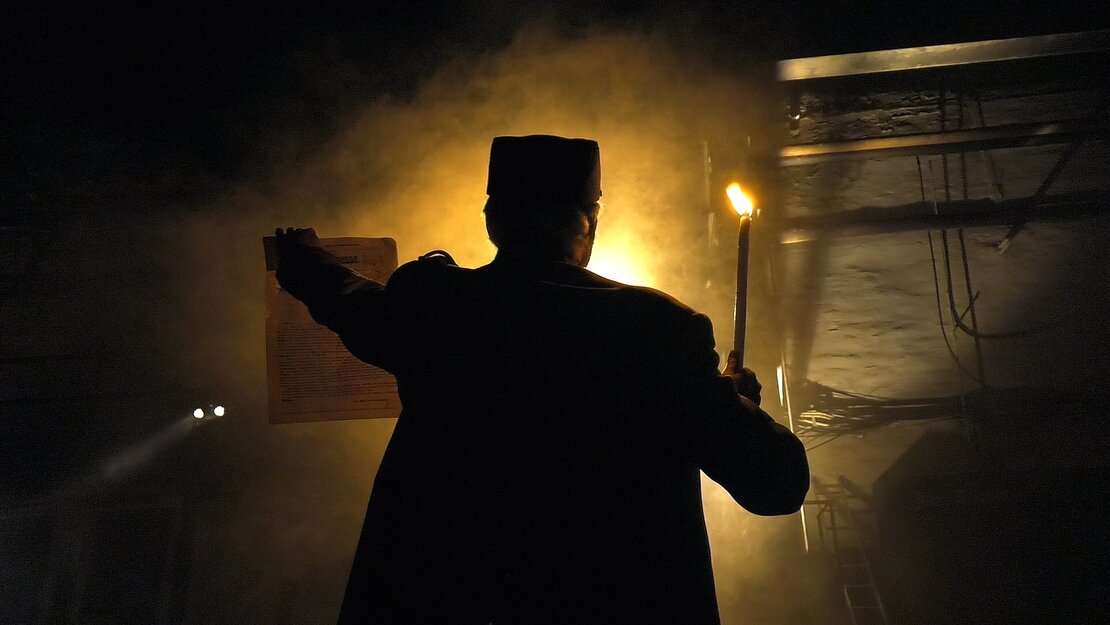The recordings of Helmuth Qualtinger's readings shaped the childhood of director Wolfgang Ritzberger - even before the "Bürgschaft" he knew the scene in the Viktualienhandlung of Vinzenz Chremosta by heart. Qualtinger's interpretation of "The Last Days of Humanity" shaped the image he had of it.
The play was considered unplayable, all attempts to bring it to the stage did not really succeed - when he heard that Paulus Manker was trying to bring the play to the stage, he was convinced that this extraordinary "theatrical genius" would prove that, firstly, it is feasible and, secondly, that "Alma" was and is not a "lucky punch". The doyen of the feature film cameramen, Univ.Prof. Walter Kindler, brought him together with Paulus Manker and on location, in the impressive Serbian Hall, he experienced an evening of theatre as he had seldom been able to do before. Almost breathlessly he followed the texts, which he knew since his childhood and experienced how the characters in this effective, emotional and very intense performance took on a new life. "The Qualtinger" was not forgotten, but what Manker made of the play has nothing to do with this legendary interpretation. The characters are alive, whether at Sirk Eck, in the trenches or in the military hospital, and the audience stands in the middle of it, becomes part of the action.
The documentary The Last Days Of Mankind, designed by Wolfgang Ritzberger, oscillates between the creative power of Paulus Manker, the uniqueness and the emotions that the performances are capable of triggering, the historical background of the texts and the view of World War I smeared with monarchy kitsch and the search for a new venue for the more than 6 hour long performance.



